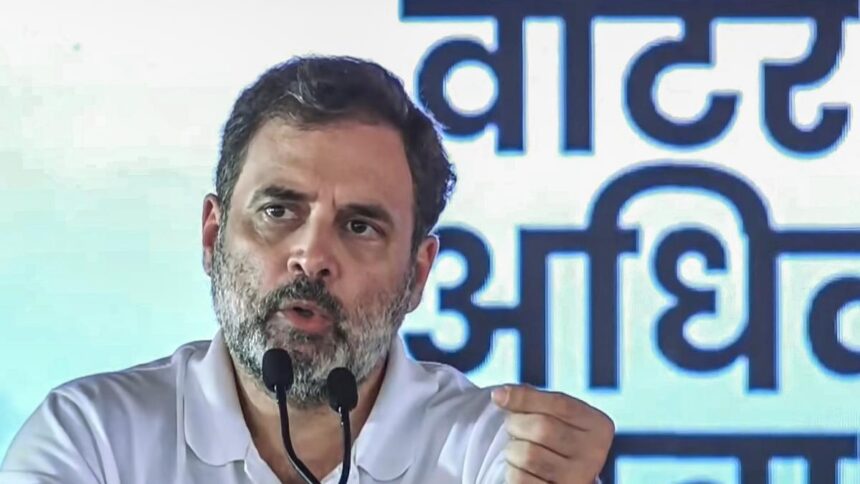A Division Bench (comprising two judges) of the Madras High Court has referred to a larger Bench (consisting of three judges or more) the issue of whether the Governor is bound by the advice of the Council of Ministers in matters relating to remission of sentence and premature release of convicts.
The Division Bench comprising Justices M.S. Ramesh and V. Lakshminarayanan said the larger Bench, to be constituted by Chief Justice Manindra Mohan Shrivastava, could also decide the circumstances under which the Governor would have the discretion to take a view different from that of the State Cabinet.
The reference was made while hearing a batch of eight writ petitions filed against the Governor’s refusal to order the premature release of convicts, by exercising his powers under Article 161 of the Constitution, despite the recommendation made by the State government to release all of them.
During the course of the hearing, advocates M. Mohamed Saifulla, R. Sankarasubbu, P. Pugalenthi, S. Nadhiya, S. Manoharan, and Additional Public Prosecutor E. Raj Thilak informed the judges of two conflicting decisions taken by different Division Benches of the High Court on the subject.
First decision
The first pertains to a decision by a Division Bench of Justices S.M. Subramaniam and V. Sivagnanam in the rape and murder convict Veera Bharathi’s case on October 17, 2024. The two judges had taken the view that the advice of the Council of Ministers would be binding upon the Head of the State (Governor).
“The power under Article 161 can be exercised by the State government, not by the Governor on his own… It would be insufficient to reject an application for premature release on the ground that the offence committed is heinous in nature when the prisoner had undergone more than 20 years of imprisonment,” the Bench said.
Second decision
On the other hand, another Division Bench of Justices G.R. Swaminathan and R. Poornima had on Novermber 6, 2024, held that a Governor could exercise her/his discretion if the Council of Ministers had failed to consider the relevant factors, which would disentitle a convict from being released prematurely.
Dealing with a writ petition filed by life convict Murugan alias Thirumalai Murugan serving punishment for robbery and murder, the Division Bench said the police ought to have charged him under Section 397 (committing robbery using deadly weapons) and not Section 392 (robbery per se) of the Indian Penal Code.
The failure of the police to invoke the right provision of law had not been noticed by the trial court as well as the State government, which recommended his release despite the fact that a 2021 Government Order clearly states that those who had been convicted under Section 397 would not be eligible for premature release.
However, the facts of the case “had not escaped the vigilant eye of the Office of the Hon’ble Governor and therefore, the recommendation made by the Council of Ministers was not acted upon,” the Bench led by Justice Swaminathan said and held that the Governor was certainly entitled to do so.
When the petitioner’s counsel relied upon the 2023 Supreme Court verdict in A.G. Perarivalan’s case wherein it was held that the State Cabinet’s decision would be binding upon the Governor, the Bench led by Justice Swaminathan said: “Perarivalan’s [judgment]was rendered by a three-judge Bench.”
The Division Bench recalled that in 2004, a five-judge Constitution Bench of the top court, in the Madhya Pradesh Special Police Establishment case, had held that the Governor could act in her/his own discretion if the decision of the Council of Ministers was irrational or based on non-consideration of relevant factors.
Apparent conflict
Faced with the two diametrically opposite views taken by the two co-equal Benches — one led by Justice Subramaniam and another by Justice Swaminathan — the Bench led by Justice Ramesh decided to refer the issue to a larger Bench for an authoritative pronouncement on the issue.
“There seems to be an apparent conflict between the views taken by the two Division Benches. As a Bench of equal strength, we are not in a position to ignore the judgment passed by another Division Bench. Hence, we feel it is necessary that this issue should be resolved by a larger Bench of this court,” Justice Ramesh wrote and directed the Registry to place the matter before the Chief Justice.
Published – September 06, 2025 04:32 pm IST
















